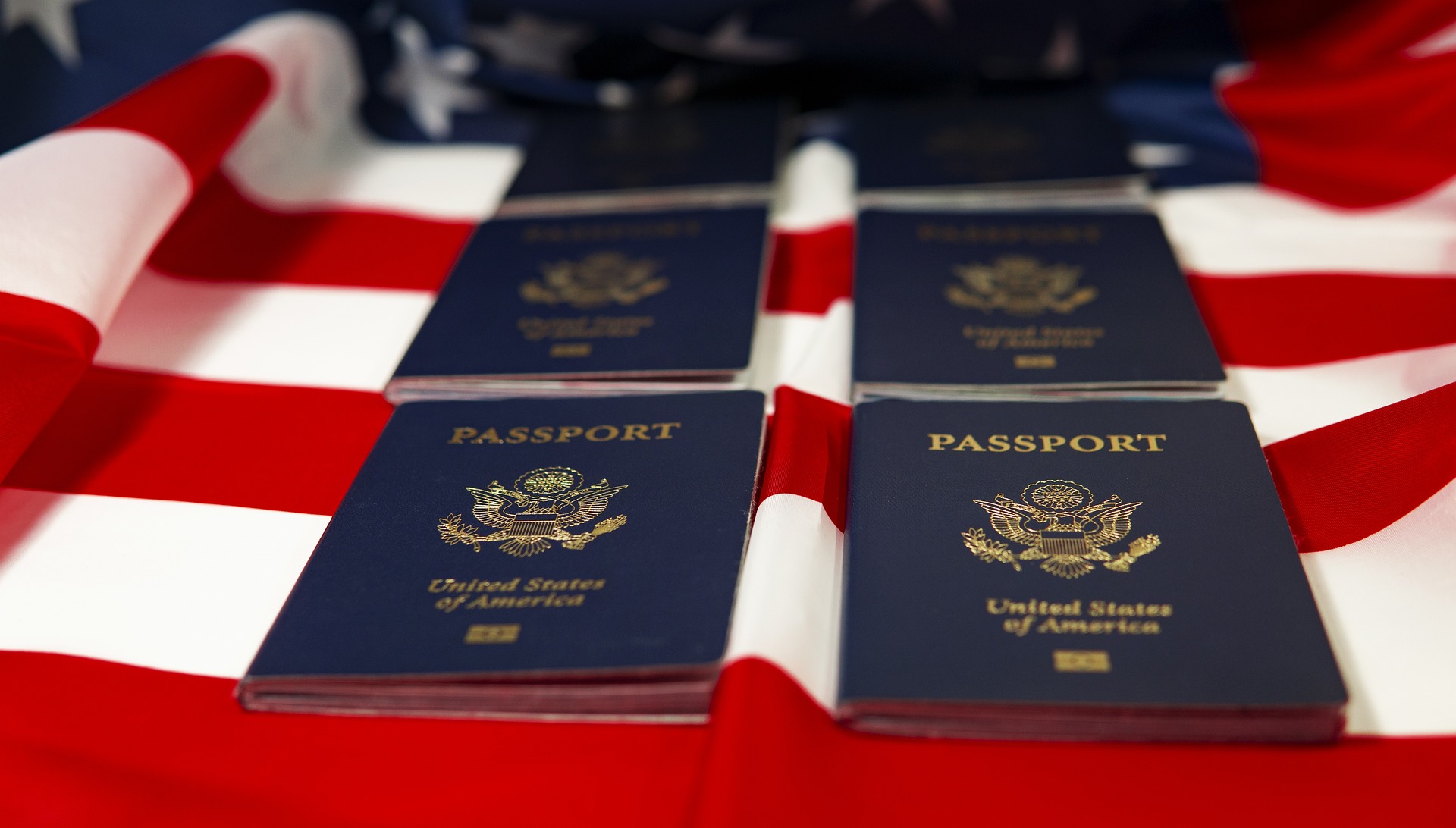Here's an original article on a unique topic in People & Society, following the guidelines provided:
In a world of established nations and geopolitical boundaries, a curious phenomenon is emerging: micronations. These self-proclaimed sovereign entities, often founded by eccentric individuals or small groups, challenge traditional notions of statehood and citizenship. From backyard kingdoms to virtual realms, micronations are redefining how people relate to governance and national identity. Read below to explore the fascinating world of DIY countries and their impact on modern society.

The Origins and Evolution of Micronations
Micronations have a rich history dating back to the mid-20th century. One of the earliest examples is the Principality of Sealand, established in 1967 on an abandoned sea fort off the coast of England. Since then, hundreds of micronations have emerged worldwide, each with its unique backstory and purpose. Some are founded as political statements, others as artistic projects, and some simply as elaborate hoaxes or personal fantasies.
The advent of the internet has dramatically transformed the micronation landscape. Virtual micronations, existing entirely online, have become increasingly popular. These digital states often have their own currencies, passports, and governmental structures, all managed through websites and social media platforms. This shift has democratized the process of nation-building, allowing anyone with an internet connection to become a potential world leader.
The Psychology Behind Micronations
What drives individuals to create their own countries? Psychologists and sociologists have identified several motivating factors. For some, it’s a form of escapism or a way to exercise control in an unpredictable world. Others see it as a means of political expression, challenging existing power structures or advocating for alternative forms of governance. There’s also a strong element of community-building, as micronations often attract like-minded individuals seeking a sense of belonging.
The act of creating a micronation can be seen as a form of identity construction. In an era where traditional national identities are being questioned, micronations offer a way for individuals to craft their own sense of citizenship and allegiance. This phenomenon reflects broader societal trends towards personalization and the desire for more meaningful connections in an increasingly globalized world.
Impact on International Relations and Diplomacy
While most micronations are harmless curiosities, some have managed to impact real-world politics and diplomacy. The Principality of Sealand, for instance, has been involved in several legal battles and diplomatic incidents over the years. Other micronations have used their platforms to raise awareness about issues such as climate change, human rights, and political reform.
The existence of micronations also raises interesting questions about the nature of statehood and international recognition. As virtual communities grow in importance, traditional definitions of nationhood are being challenged. Some scholars argue that micronations represent a new form of global citizenship, one that transcends geographical boundaries and embraces digital connectivity.
Economic Innovations in Micronations
Many micronations have become hotbeds of economic experimentation. With the freedom to create their own financial systems, these tiny states often serve as testing grounds for alternative economic models. Cryptocurrencies and blockchain technology are particularly popular among micronations, with some issuing their own digital coins or implementing novel systems of value exchange.
These economic innovations aren’t limited to the digital realm. Some physical micronations have experimented with resource-based economies, bartering systems, or entirely new concepts of ownership and property rights. While the practical impact of these experiments may be limited, they offer valuable insights into potential alternative economic structures and challenge conventional thinking about monetary systems.
The Future of Micronations and Global Identity
As technology continues to advance and global interconnectedness increases, the role of micronations in shaping societal norms and individual identities is likely to grow. Virtual micronations, in particular, may become more prevalent as people seek new forms of community and belonging in the digital age. Some futurists even speculate about the possibility of micronations gaining real-world influence through decentralized governance models and blockchain-based voting systems.
The micronation phenomenon also reflects broader trends in how people relate to traditional power structures. As trust in established institutions wanes, individuals are increasingly looking for alternative ways to express their values and build communities. Micronations offer a creative outlet for these desires, potentially influencing how we think about governance, citizenship, and global cooperation in the years to come.
In conclusion, micronations represent a fascinating intersection of sociology, politics, and technology. While they may seem whimsical at first glance, these DIY countries offer valuable insights into human nature, community-building, and the evolving concept of nationhood in the 21st century. As we navigate an increasingly complex global landscape, the lessons learned from micronations may prove invaluable in shaping a more inclusive and diverse world order.




